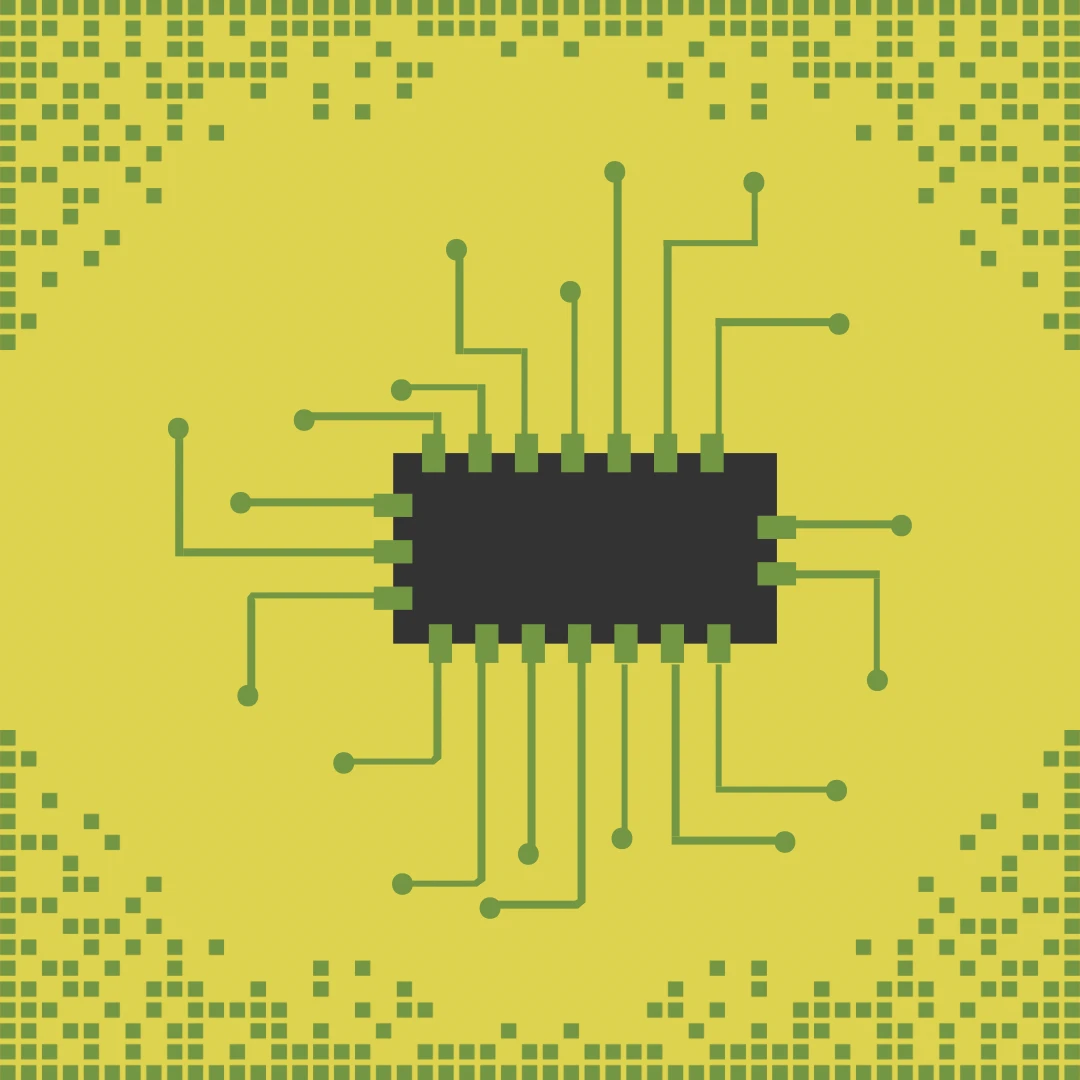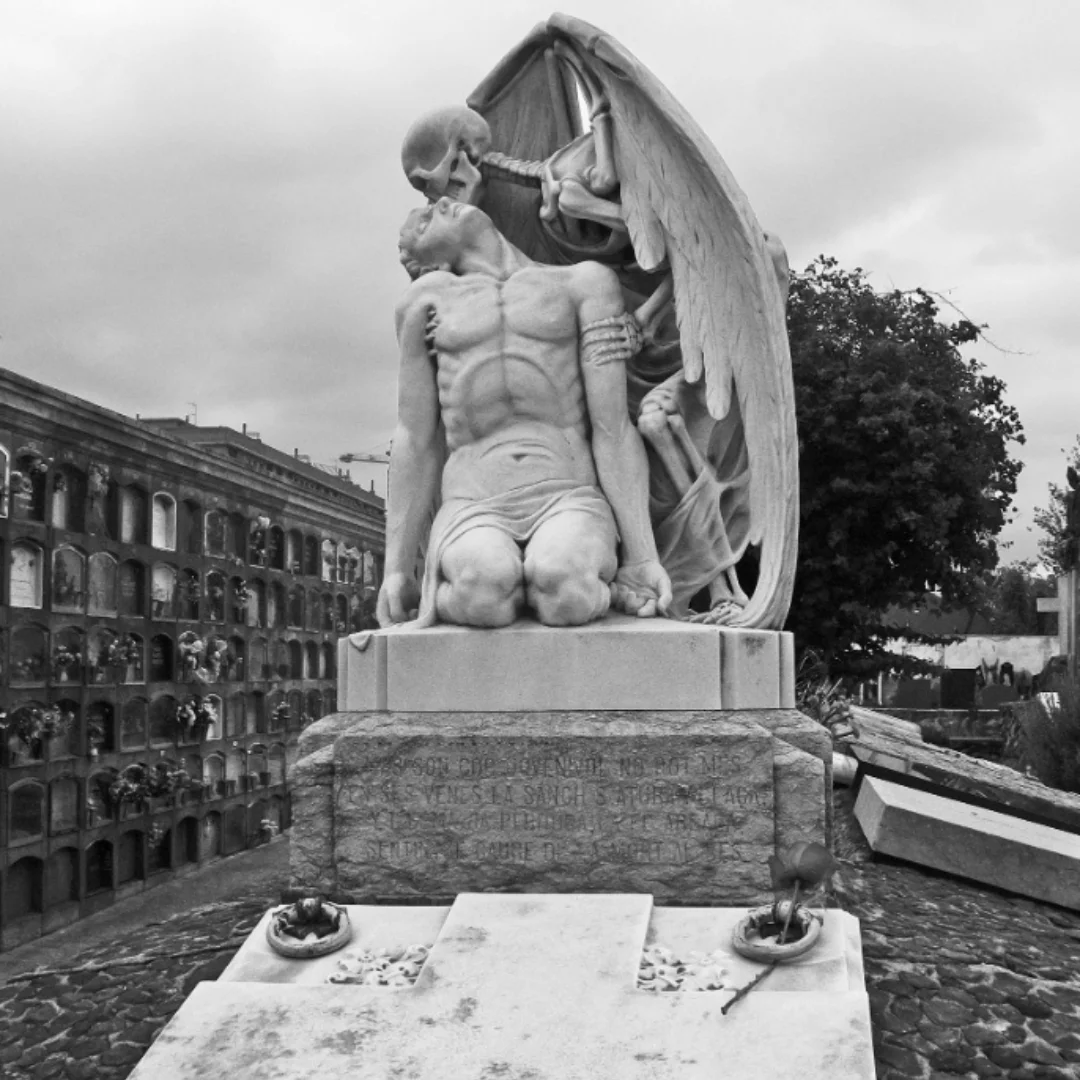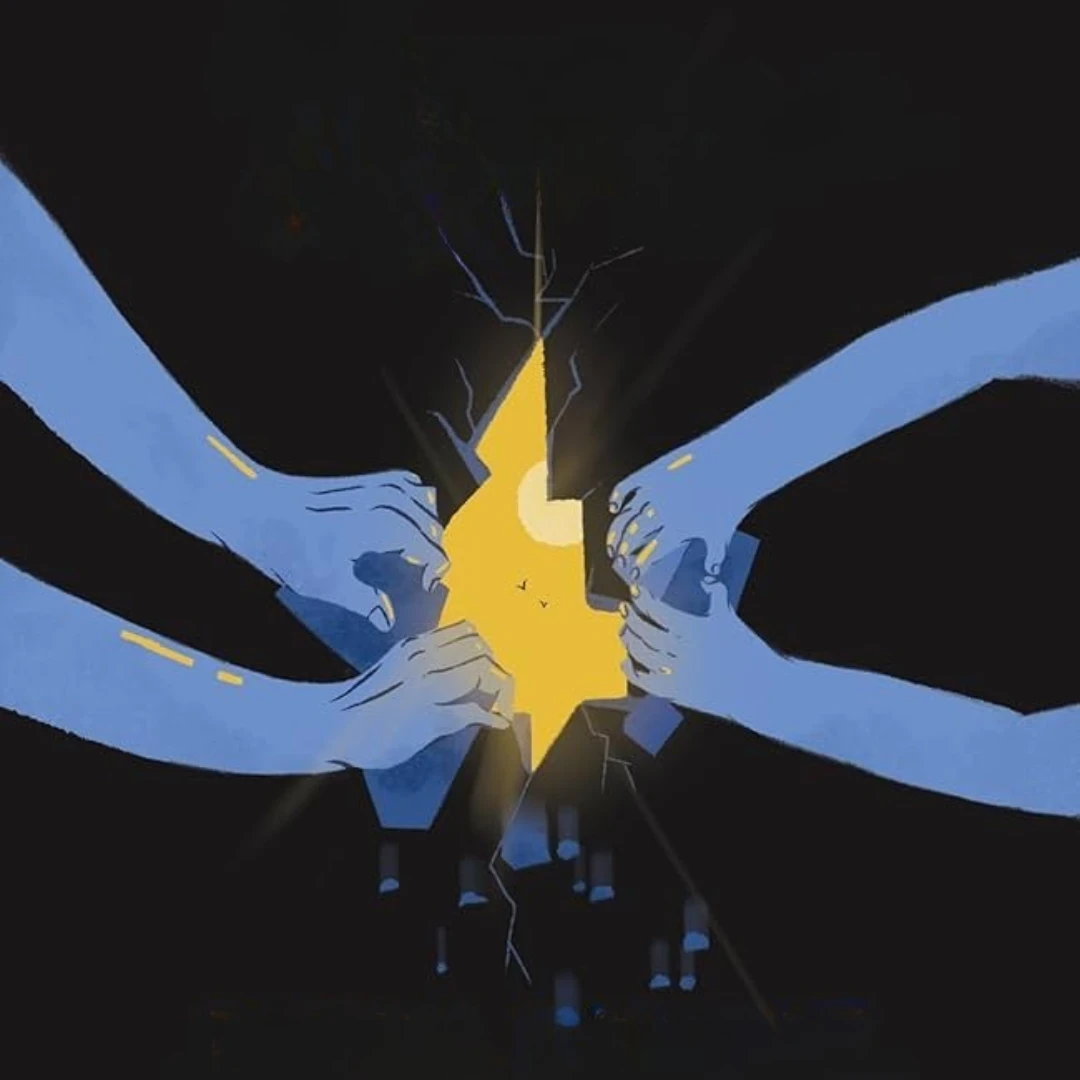I was in the tenth grade when I first picked up Han Kang’s The Vegetarian. I do not entirely remember what compelled me to choose this slender book with its deep purple cover adorned with a singular white wing, presumably a bird’s but possibly an angel’s, at Readings’s Main Boulevard location in Lahore.
A middle class Pakistani raised between Johar Town and Wapda Town, it was only occasionally that I got to buy—what was then an obscenely expensive—1000 or 2000 Rupee book from Readings, as opposed to a selection from the dirt cheap, pirated, brown paper offerings in Main Market’s many old (and new) bookstores. In a home where the only literature was my mother’s enduring collection of monthly Khawateen Digests, my interest in reading was not always celebrated or encouraged, but once a month I was allowed to use my saved pocket money and spend it as I pleased. And I was very pleased on the drive home, with Han Kang’s most revered novel and the 2016 Booker Prize winner cradled in my lap.
I read the whole thing in one sitting on that Sunday in 2017. And yet, to this day, I am at a loss when asked what the book is about. Don’t get me wrong, technically I know what the book is about. The lead protagonist, Yeong-hye, decides to become a vegetarian “overnight” after having recurring, bloody, ghoulish nightmares. Her traditional meat-loving Korean family is utterly shocked by her decision, and her unflinching commitment against eating meat unravels both her marriage and her sanity.
The book is about gender, about domesticity, and about the absurdity that results when women make choices under patriarchy. I guess the simple answer is that the story is about how ridiculous it can be for a woman to act as a free agent in a society where women’s freedom is virtually nonexistent. But it's also about violence, as Porochista Khakpour wrote in her 2016 NYTimes review, and its intimate intertwinedness with our life and “physical sustenance—in meat-eating, sex-having, even care-taking.” And perhaps, most of all, it is about the fragile boundaries that mark the edge between agency and coexistence, the weight of what others ask of us, and our willingness to choose otherwise.
It is this ability to trace the contours of humanity and humanness—the quality of being in the world—from her own position as a South Korean woman that makes Han Kang’s oeuvre exceptional. From The Vegetarian to We Do Not Part, Kang’s most recently translated novel (released in January 2025), what remains consistent is her commitment to closely study all facets of modern life: the banal and the exceptional, the fragile and that which has withstood the tests of time, the forgotten and the partly remembered. But Kang is no passive observer, letting the forces of history over determine the stories of her penned protagonists. Through her intricately weaved retellings of the 1980 Gwangju Massacre in Human Acts, or her ode to the tens of thousands killed in anti-communist operations in Jeju during the Korean War in We Do Not Part, Kang forces into public consciousness that which has receded and been buried.
Her work—especially the two aforementioned texts—interrupts the national imagination and retells the collective stories that make up a place and its culture. This is also what probably won Han Kang the Nobel Prize for Literature as a non-Western writer, knighted (if not condemned) with the responsibility to return to the past and recover that thread which can be unspooled for a possible future.
In my opinion, though , it is not her status as a novelist “for the times” that separates Kang from the rest, but, rather, her filial devotion to other humans, especially women. Be it “the [muted] woman” in Greek Lessons, the newborn sister who passed away mere moments after birth in The White Book, Yeong-hye in The Vegetarian, or Kyungha in We Do Not Part, Kang’s female heroine, each an alter ego of the writer herself, is the Eve that drives the story forward, bringing humanity into existence and life into the text. Kang’s not-heroines— at least in the classical sense—heroines are emotional, funny, complex, and frankly strange (as most people are) and they are devoted, much like Kang, to unearthing the relationship between self, other, and the world.
We Do Not Part’s Kyungha, who braves a snowstorm to travel to Jeju and save a pet bird on the request of her hospitalized filmmaker friend Inseon, becomes the vessel through which the story of Jeju Island’s bloodied war-years is felt and told. Suffering from dreams, akin to the vegetarian Yeong-hye, completely isolated, and quite possibly a phantom - with her embodied self dead in the snow-storm - Kyungha keeps her promise to Inseon to save Ama, a small, fragile white budgie, come what may. In some sense then, Kyungha is committed to life, no matter how insignificant. Or better put, for Han Kang and Kyungha, there is no life that is insignificant.
In her 2024 Nobel Laureate for Literature Speech, Kang remarked that two questions kept coming up for her when the original Korean manuscript for We Do Not Part was published: “Why is the world so violent and painful? And yet how can the world be this beautiful?” She continued, “For a long time, I believed that the tension and internal struggle between these sentences was the driving force behind my writing.” Kyungha too, is struck by the long-buried details of the violence that defined the years of the Korean war, which Inseon and her mother have unearthed, but still unflinchingly convinced by the need to save Ama, motivated by the memory of the one time that Ama’s barely-there body perched on her shoulder. And even though we never find out whether Kyungha’s one-woman mission succeeds or not, we know that her human impulses remain intact.
Any review of Han Kang’s work is incomplete without a comment on her writing style and her tenacious investment in detail and description. What Han Kang’s writing isn’t is overly-complicated. What it is is covertly complex despite its seeming simplicity.
Even as a 17 year old, The Vegetarian was not a difficult read in the typical sense. After all, Kang’s writing is never verbose. But regardless, most of it went over my head. Through simple sentences and poring over the details of not just how things are but how they are emotionally registered, Kang creates a literary universe that is as accessible as it is inaccessible. It is like poetry in that sense, which is fitting given that Kang’s literary career began as a poet when five of her poems were published in the 1993 issue of the quarterly Literature and Society.
There are also moments of resounding clarity in her work, where it reads more like a declaration of truth than fiction. More than midway through We Do Not Part, there is a section when Kyungha and Inseon are discussing the Bodo League massacre in Jeju. It reads:
“Including infants?
Extermination was the goal.
Exterminate what?
The reds.”
This is Kang’s specialty. The ability to reign in the details when necessary, and to draw out a fantastical world overflowing with imagination on other occasions. Kang writes about history, but she also writes about dreams that turn your entire existence upside down, violence that blurs the line between the real and the impossible, and the unbearableness of holding it all as a human face-to-face with a world that is ours, and yet, completely estranged. And she does both with care.
Back in 2017, when I first read The Vegetarian, I spent weeks practicing how to do a handstand, attempting to mimic Yeong-hye in the culminating chapter where she tries to become a tree. It wasn’t that I also wanted to become a tree but the blood rushing towards my head felt good, especially when our house (like any Pakistani house) was teetering on the edge of chaos. My mother, while not like Yeong-hye in any characteristic sense, was also not unlike her in facing the demands of a gender dynamic skewed heavily in favor of my father. I do not know much about South Korea, but there is something universal about patriarchy and the demands it makes of women that Kang understands, and as a Pakistani woman, so do I. Standing upside down, in a world that seemed on its head, helped as a 17 year old. Today, I tried it again.





